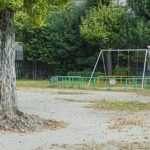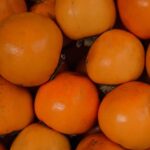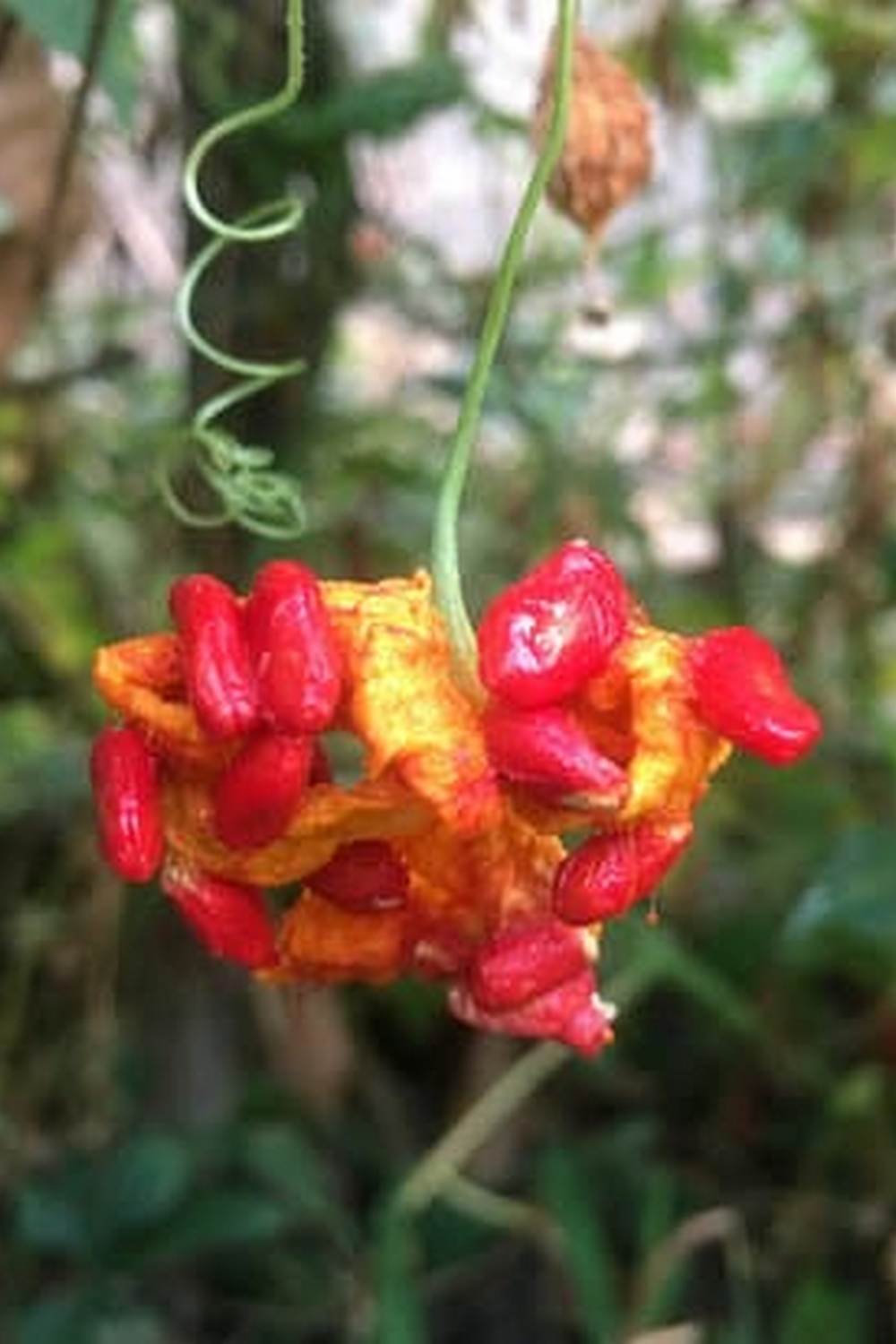Are you interested in growing your own vegetables, but don’t have a backyard or traditional garden space? Container vegetable gardening is the perfect solution, especially for urban dwellers in Seattle. In this article, we will explore the possibilities of growing fresh produce in containers, right in the heart of the city. Whether you’re a novice gardener or a seasoned green thumb, container gardening offers a convenient and accessible way to cultivate your own fruits and vegetables.
Seattle’s unique climate and growing conditions present both challenges and opportunities for container vegetable gardening. From choosing the right containers to selecting the perfect vegetables, we will discuss all the essential steps to get started. Additionally, we’ll provide tips on soil and fertilizer options, sun and shade requirements, watering and maintenance techniques, as well as pest and disease management specific to Seattle’s environment.
Join us in discovering how container vegetable gardening can thrive in an urban setting like Seattle. With insights from successful local gardeners and their experiences with container gardens, this article will inspire you to create your own vibrant and fruitful container vegetable garden right at home. Let’s dig into the exciting world of urban gardening in Seattle.
Choosing the Right Containers
When it comes to container vegetable gardening in Seattle, choosing the right containers is essential for the success of your plants. The Pacific Northwest climate, with its mild, wet winters and dry summers, presents unique challenges for gardeners. Therefore, selecting containers that can withstand these conditions is crucial.
One of the best types of containers for Seattle’s climate is ceramic or clay pots. These materials are breathable and provide good insulation for plant roots during both hot and cold weather. Additionally, they are heavy enough to withstand strong winds common in the area. Plastic containers are also a popular choice due to their durability and lightweight nature, making them easy to move around as needed.
When considering container size, it’s important to choose larger pots to accommodate the root systems of vegetables such as tomatoes, peppers, and cucumbers. Smaller pots are suitable for herbs and compact vegetables like lettuce and radishes. Always ensure that your chosen containers have drainage holes at the bottom to prevent waterlogging, which can be detrimental to plant health.
In addition to traditional containers, consider repurposing items such as buckets, barrels, or even wooden crates for your container garden. Just make sure these items have been thoroughly cleaned and sanitized before planting your vegetables.
| Container Type | Advantages |
|---|---|
| Ceramic/Clay Pots | Breathable material; insulation for plant roots; durable |
| Plastic Containers | Durable; lightweight; easy to move around |
| Repurposed Items (e.g. buckets, barrels) | Eco-friendly option; can be cost-effective |
Selecting the Perfect Vegetables
When it comes to container vegetable gardening in Seattle, choosing the right vegetables is essential for success. Not all vegetables thrive in containers, especially in the unique climate of Seattle. However, there are plenty of options that are perfectly suited for growing in containers in this area.
Ideal Vegetables for Containers
Certain vegetables are well-suited for container gardening in Seattle due to their compact growth habits and adaptability to different environments. Some popular choices include cherry tomatoes, peppers, lettuce, spinach, carrots, radishes, and herbs such as basil, cilantro, and parsley. These vegetables not only grow well in containers but also provide a bountiful harvest throughout the growing season.
Consider Local Climate and Conditions
When selecting vegetables for container gardening in Seattle, it’s important to consider the city’s climate and conditions. The Pacific Northwest’s mild temperatures and ample rainfall create an ideal environment for growing cool-season crops like lettuce, spinach, and radishes. Additionally, selecting vegetables that can thrive in partially shaded areas is beneficial due to Seattle’s overcast weather.
Tips for Success
To ensure success with container vegetable gardening in Seattle, it’s crucial to choose varieties that are specifically bred for compact spaces. Additionally, paying attention to the sunlight requirements of each vegetable is essential when planning your container garden. By selecting the right vegetables and considering local climate conditions, you can enjoy a thriving container vegetable garden in Seattle.
Soil and Fertilizer Tips
When it comes to successful container vegetable gardening in Seattle, choosing the right soil and fertilizer is essential for the health and growth of your plants. Seattle’s climate can be quite challenging, so it’s important to select the best options for your container garden.
Best Soil Options
One of the most important factors to consider when selecting soil for your container garden in Seattle is drainage. The city experiences a significant amount of rainfall, so well-draining soil is crucial to prevent waterlogged roots. Consider using a high-quality potting mix specifically designed for containers, as these mixes are often formulated with the right balance of drainage and moisture retention.
Effective Fertilizer Choices
In addition to choosing the right soil, using an effective fertilizer is key to ensuring that your container vegetables receive the necessary nutrients for healthy growth. Organic fertilizers are a popular choice among Seattle container gardeners, as they provide a natural and sustainable option for feeding plants. Look for balanced organic fertilizers that contain essential nutrients such as nitrogen, phosphorus, and potassium.
Fertilizing Schedule
It’s important to establish a regular fertilizing schedule for your container vegetable garden in Seattle. During the growing season, consider applying a balanced fertilizer every few weeks to provide ongoing nourishment to your plants. Additionally, be mindful of any specific needs that different vegetables may have and adjust your fertilization schedule accordingly.
With careful consideration of soil and fertilizer options suited for the unique climate of Seattle, you can set yourself up for success in your container vegetable gardening endeavors in the city. By providing adequate nutrients and maintaining proper soil conditions, you can create a thriving garden filled with an abundant harvest of fresh vegetables throughout the growing season.
Sun and Shade Requirements
When it comes to container vegetable gardening in Seattle, understanding the importance of sun and shade is crucial for the success of your garden. Seattle’s climate offers unique challenges when it comes to sunlight, so it’s essential to carefully consider the placement of your containers. Here are some key factors to keep in mind when it comes to sun and shade requirements for your container vegetable garden:
- Importance of Sunlight: Just like traditional outdoor gardens, vegetables grown in containers require adequate sunlight to thrive. In Seattle, where the weather can be overcast for a significant portion of the year, it’s important to place your containers in areas that receive at least 6-8 hours of sunlight each day. This may require strategic placement on patios, balconies, or in sunny spots around your home.
- Shade Considerations: While sunlight is crucial for most vegetables, some plants actually prefer partial shade. Leafy greens like lettuce and spinach, as well as herbs like mint and parsley, can benefit from some protection from direct sunlight, especially during hot summer days. Be mindful of how the sun moves across your outdoor space throughout the day and adjust the positioning of your containers as needed.
- Maximizing Sunlight: In Seattle, where sunlight can be limited during certain times of the year, it’s important to make the most of every sunny day. Consider using rolling plant stands or wheeled containers that can be easily moved to follow the sun throughout the day. Additionally, reflective surfaces such as white walls or strategically placed mirrors can help amplify natural light and provide more sunshine for your plants.
With thoughtful consideration of sun and shade requirements, you can create a thriving container vegetable garden in Seattle that produces bountiful harvests throughout the growing season. By understanding how sunlight impacts different types of vegetables and making adjustments as needed, you can maximize the potential of your container garden despite Seattle’s unique climate challenges.
Watering and Maintenance
Container vegetable gardening in Seattle comes with its own set of challenges, especially when it comes to watering and maintenance. The unique climate of Seattle, with its wet winters and dry summers, requires special attention to ensure the success of a container garden.
One important tip for watering container vegetable gardens in Seattle is to monitor the moisture levels closely, as the weather can change frequently. Using a moisture meter can help gauge when the plants need water, as well as choosing containers with good drainage to prevent waterlogged soil.
In addition to monitoring water levels, regular maintenance is crucial for the health of a container vegetable garden in Seattle. This includes checking for any signs of pests or diseases, pruning back overgrown plants, and removing any dead or decaying leaves. Regular maintenance not only keeps the garden looking neat and tidy but also helps prevent any potential issues from escalating.
Another key aspect of maintaining a container vegetable garden in Seattle is providing proper support for vining plants such as tomatoes or cucumbers. Using stakes or trellises can help these plants grow vertically and save space in smaller containers. Additionally, regularly feeding the plants with organic fertilizer can promote healthy growth and abundant harvests. By following these tips and tricks for watering and maintenance, container vegetable gardening in Seattle can be a rewarding and successful endeavor for local gardeners.
Pests and Disease Management
Container vegetable gardening in Seattle offers a wealth of benefits, but it also comes with its own set of challenges, including pests and diseases that can affect your plants. It’s important to be proactive in managing these issues to ensure the success of your garden. Common pests that may affect container vegetable gardens in Seattle include aphids, caterpillars, and slugs, while diseases such as powdery mildew and damping off can also pose a threat.
To address these challenges, it’s essential to regularly inspect your plants for any signs of pest infestation or disease. Early detection is key to preventing further damage. In the case of pests like aphids and caterpillars, you can physically remove them from your plants or use organic insecticidal soaps.
For slugs, creating barriers with copper tape around your containers can help keep them at bay. When it comes to diseases, proper air circulation and avoiding overwatering can help prevent issues like powdery mildew and damping off.
In addition to proactive measures, it’s also beneficial to research and implement natural predators or beneficial insects that can help control pest populations in your container garden. Ladybugs, lacewings, and predatory mites are just a few examples of natural predators that can be introduced to your garden to combat common pests. By staying vigilant and taking preventative action, you can effectively manage pests and diseases in your Seattle container vegetable garden, ensuring a bountiful harvest.
| Common Pests | Management Methods |
|---|---|
| Aphids | Physical removal or organic insecticidal soaps |
| Caterpillars | Physical removal or introducing natural predators |
| Powdery Mildew | Proper air circulation and avoiding overwatering |
Success Stories
In conclusion, Seattle offers a unique and thriving environment for container vegetable gardening. With the right containers, well-chosen vegetables, proper soil and fertilizer, attention to sun and shade requirements, consistent watering and maintenance, and proactive pest and disease management, successful container gardens can flourish in the city. Local gardeners have shared their experiences and tips, proving that container gardening is not only feasible but also rewarding in Seattle.
From rooftop gardens to cozy urban balconies, Seattle residents have demonstrated that almost any space can be transformed into a bountiful container vegetable garden. Their stories serve as an inspiration for others who might be hesitant to start their own garden in an urban environment. The passion and dedication of these local gardeners show that with the proper knowledge and care, one can successfully grow an abundant harvest of fresh produce right at home in Seattle.
As more people become aware of the benefits of growing their own food and connecting with nature through gardening, it is clear that container vegetable gardening has a bright future in Seattle. With continued interest and support from the community, more success stories will surely emerge, further enriching the urban landscape with lush greenery and delicious homegrown vegetables.
Whether you’re a seasoned gardener or just starting out, there’s no doubt that container vegetable gardening offers a fulfilling experience for anyone looking to cultivate a green thumb in the emerald city of Seattle.
Frequently Asked Questions
What Veggies Grow Best in Seattle?
Seattle’s climate is best suited for growing cool-season vegetables like lettuce, kale, spinach, and broccoli. These veggies thrive in the mild temperatures and moist conditions of the Pacific Northwest.
What Is the Best Vegetable to Grow in a Container?
When it comes to growing vegetables in containers, compact plants like cherry tomatoes, peppers, and bush beans are excellent choices. They don’t require a lot of space and can be easily tended to in a container environment.
What Is the Best Plant Food for Container Vegetables?
The best plant food for container vegetables is a balanced water-soluble fertilizer that contains equal parts nitrogen, phosphorus, and potassium. This will provide essential nutrients for healthy growth without risking over-fertilization in a confined space.

If you’re looking to get into vegetable gardening, or are just looking for some tips on how to make your current garden better, then you’ve come to the right place! My name is Ethel and I have been gardening for years. In this blog, I’m going to share with you some of my best tips on how to create a successful vegetable garden.





